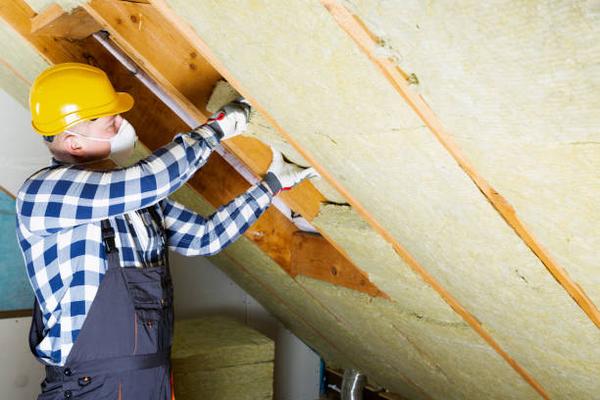Windows play a crucial role in the overall indoor air quality of a building. Properly installed windows can significantly impact the ventilation, temperature control, and natural light levels within a space. On the other hand, poorly installed or aging windows can lead to a variety of issues that may negatively affect indoor air quality.
One of the key ways in which window installation affects indoor air quality is through ventilation. Windows provide an important source of fresh air into a building, allowing for proper circulation and exchange of indoor and outdoor air. When windows are sealed improperly or are old and drafty, they can allow for pollutants such as dust, pollen, mold spores, and volatile organic compounds (VOCs) to enter explore the full story indoor environment. This can lead to respiratory issues, allergies, headaches, and other health problems.
In addition to ventilation, window installation also impacts temperature control within a building. Well-insulated windows help maintain consistent temperatures by preventing heat loss in the winter and heat gain in the summer. This not only improves comfort levels but also reduces energy consumption by decreasing reliance on heating and cooling systems. On the other hand, poorly insulated windows can result in drafts and uneven temperatures throughout a space, leading to increased energy costs and discomfort for occupants.
Furthermore, natural light is another important factor influenced by window installation. Adequate exposure to natural light has been shown to have numerous benefits for both physical and mental health. It helps regulate circadian rhythms, improve mood and productivity, reduce eyestrain, and enhance overall well-being. Properly installed windows maximize daylight penetration while minimizing glare and UV exposure. In contrast, improper window placement or outdated glazing can result in insufficient natural light levels or excessive solar heat gain.
To ensure optimal indoor air quality through proper window installation, it is essential to work with experienced professionals who understand building science principles. They will assess factors such as orientation, size, type of glass coating or tinting options available today that can improve energy efficiency without sacrificing aesthetics.
In conclusion, the impact of window installation on indoor air quality cannot be overstated. Properly installed windows contribute to better ventilation, temperature control, and natural light levels within a space.











